We Were Made For Worship
At the beginning of the Biblical story, God created Adam and Eve in the Image of God. In the Garden of Eden, they explored, ate, and fellowshipped with each other all in the presence of God. Coming into God’s special presence is part of worship. We come together each Sunday as little parts of the Body of Christ, building up into a Whole in order to lift up the name of God.
Worship enables the people of God to give thanks to God, and equips them to do his work in the world. At the end of the Holy Eucharist we ask God to "...send us out to do the work you have given us to do, to love and serve you as faithful witnesses of Christ our Lord."
Each Sunday, our worship includes Holy Eucharist, also known as the Lord's Supper or Communion. This is the climactic act of worship in the Episcopal Church. Each service culminates in the Lord’s Table.
Our Saturday and Sunday services offer a rich variety. We also worship on other occasions throughout the year - formal and informal, traditional and contemporary, contemplative and robust.
We invite you to come worship with us!
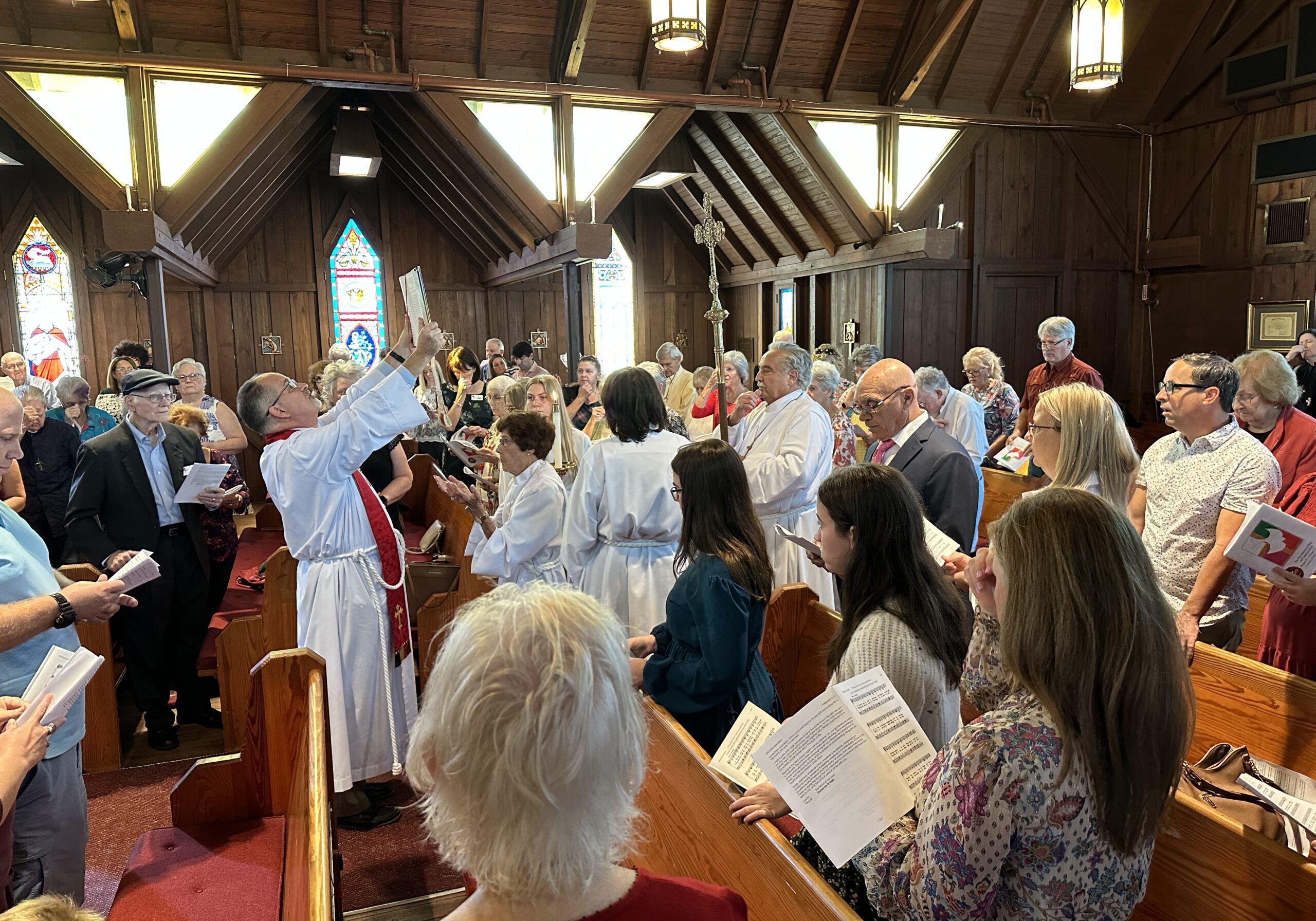
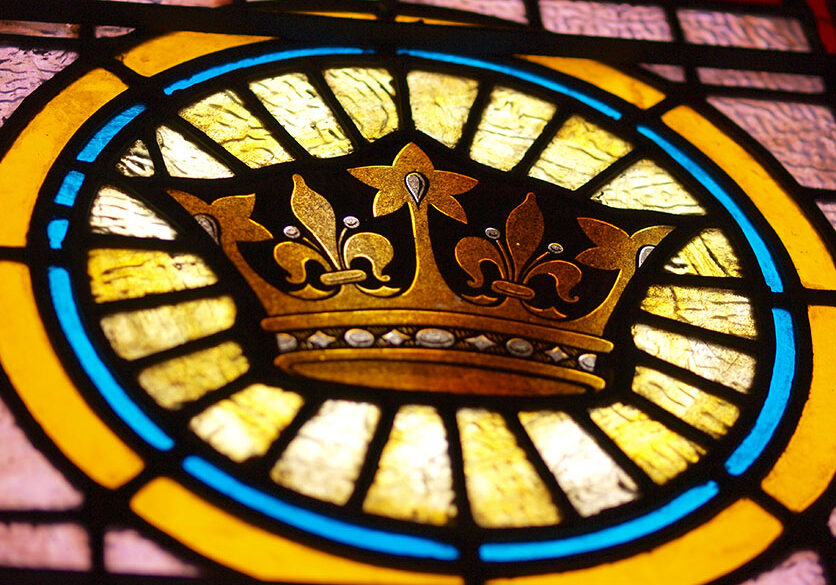
Our Worship is Anglican
Anglican just means that it originated with the Church of England nearly five Centuries ago. Further back, Anglican churches are directly descended from the Early Church and the Apostles. Bishops, Priests, and Deacons form the organizing structure throughout the Episcopal Church.
Our Worship is Biblical
Anglicans acknowledge the Bible as the Word of God and sufficient for Salvation. It unfolds God’s plan of Redemption for the world through his Son, Jesus Christ. The Bible governs the doctrines of the church. The Bible is not subjective but it is an objective standard that directs our lives. We are each called to walk in humility to God’s Word.
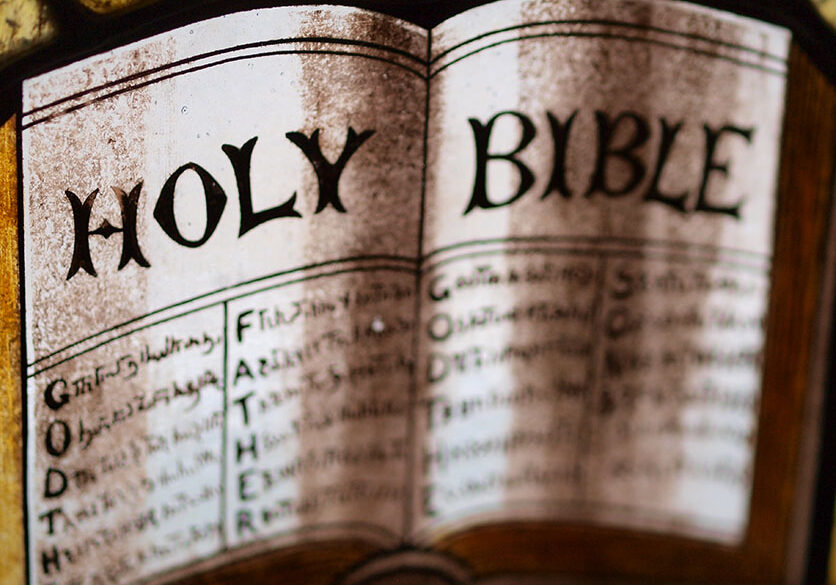
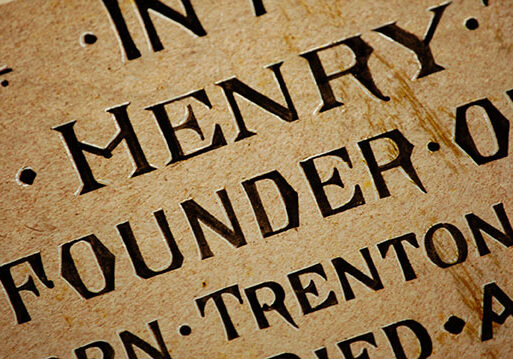
Our Worship is Historical
We worship using the Book of Common Prayer (BCP). Originally published in 1549 by Bishop Thomas Cranmer, today’s Book of Common Prayer is in a more modern language but retains much of the same worship and prayer style. Today, throughout The Episcopal Church, millions of people worship using the same Book of Common Prayer.
Our Worship is Liturgical
The term “liturgy” simply means the work of the people. In the church, it describes the established form of public worship. These are the various rituals and rites that are performed in different worship settings. They can be formal, informal, with music, or without.
The BCP contains the official prayers for almost every service that takes place in the Episcopal Church. Sunday morning services, Daily Offices, services of Baptism, Memorials, and many others are found in the BCP.
Drawing from a Book of Common Prayer, our worship is ancient and accountable to the many generations of believers that have preceded us. It is not thought up on a whim, nor does it change with the winds of time and the fancies of contemporary culture. We gather, listen, confess, and then unite with Christ in the Eucharist. We do this every Sunday as we are reminded of a Gospel that never changes.
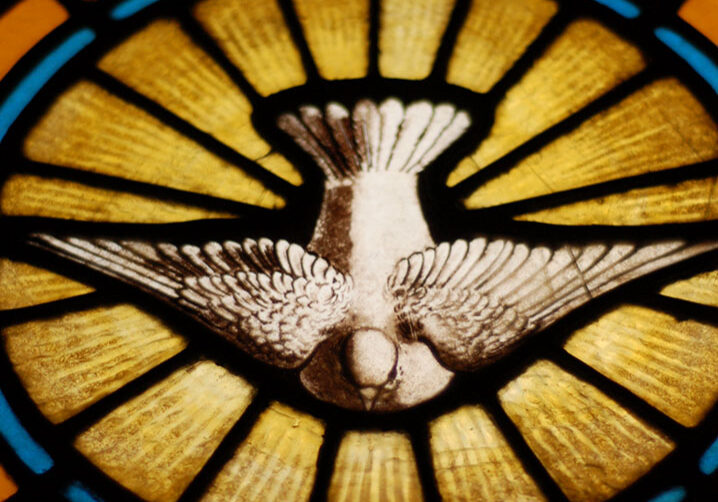
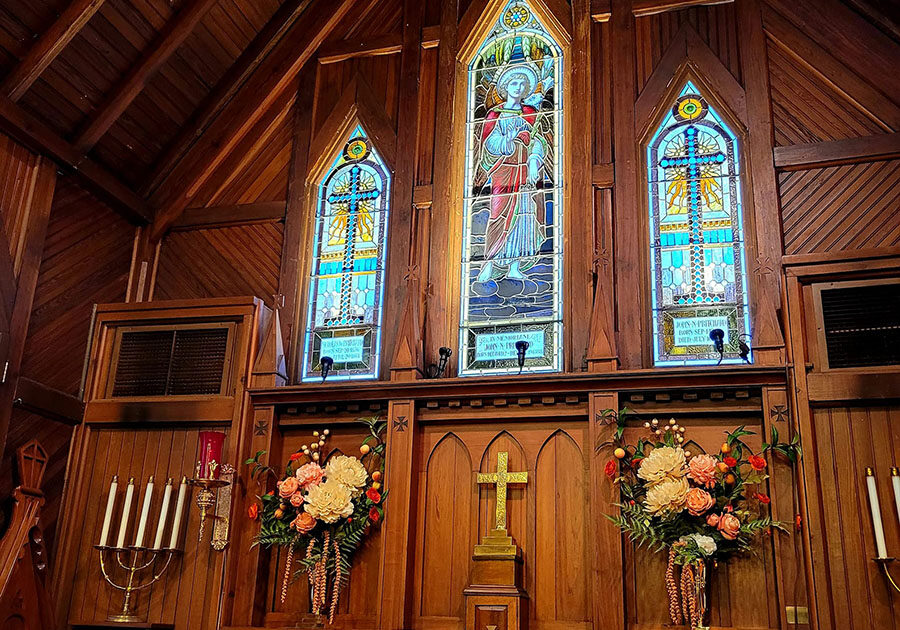
Our Worship is Beautiful
We believe that aesthetics play an important part in worship. Our space is surrounded by stained glass, our sanctuary is vaulted, wooden ceilings, each service is appropriately dressed for the season, and we strive for beauty in everything we do, from chanted liturgy, musical responses, and worship choruses.
Our services are also varied. On Saturday, our service is entirely spoken. The 7:30am Sunday service uses older language in the Rite I service. And the 10:15 service contains a more updated language and is the service with the most variation in music.
Our Music
In the book of Ephesians, the Apostle Paul encouraged the church to sing psalms, hymns, and spiritual songs whenever they met together. We don’t quite know what that was two thousand years ago. What we do know is that music was a central part of their worship services.
At St. Gabriel’s, you will find a little bit of everything. It’s a blend of old and new, from contemporary choruses to organ music. Our Liturgy is a mixture of spoken and sung prayers. Some seasons there is more music, like at Christmas and Easter. Some seasons, there is less music, like during Lent. Our musicians are all volunteers from our congregation. It’s an eclectic group that loves to sing for God.
